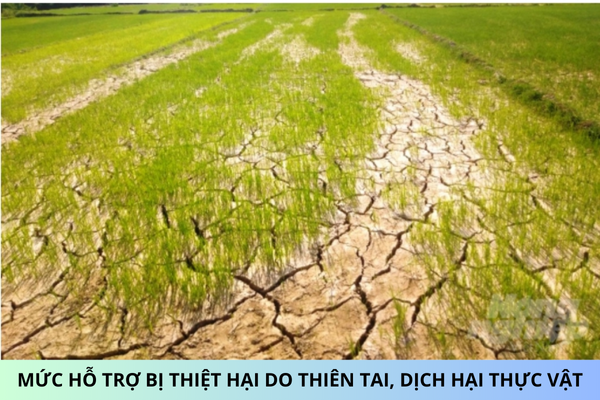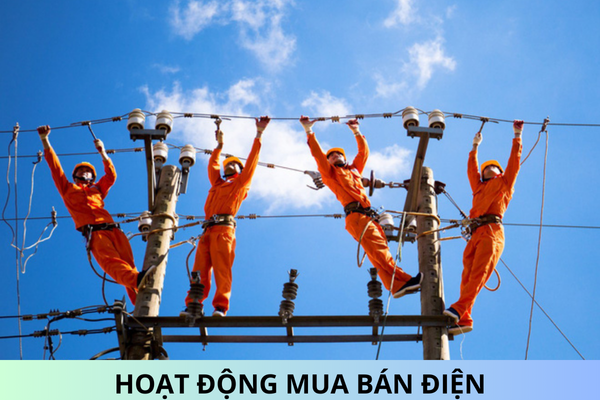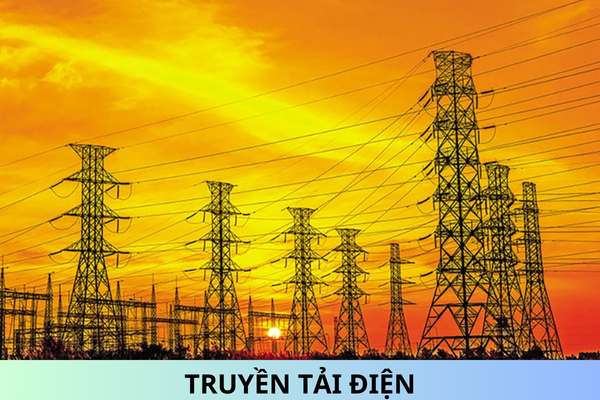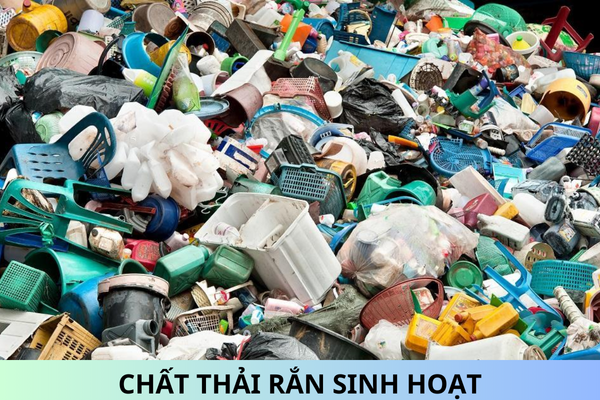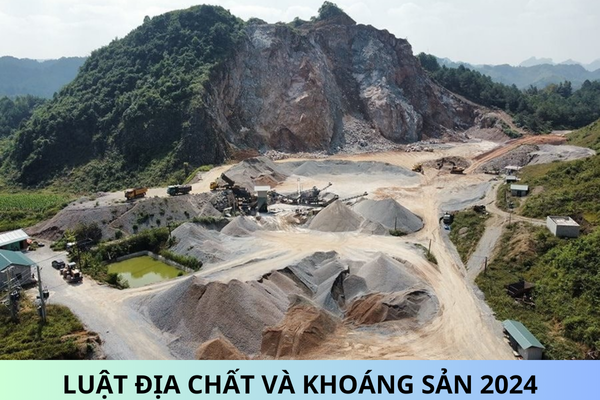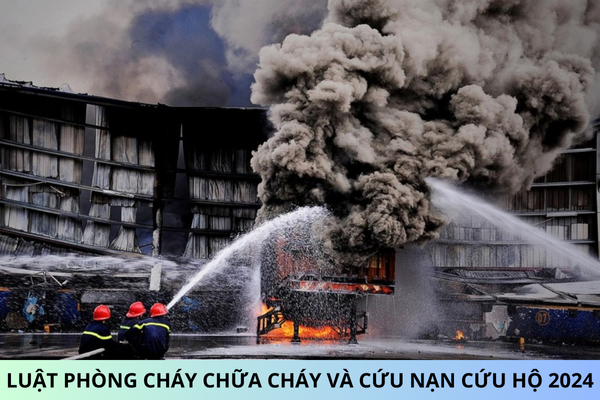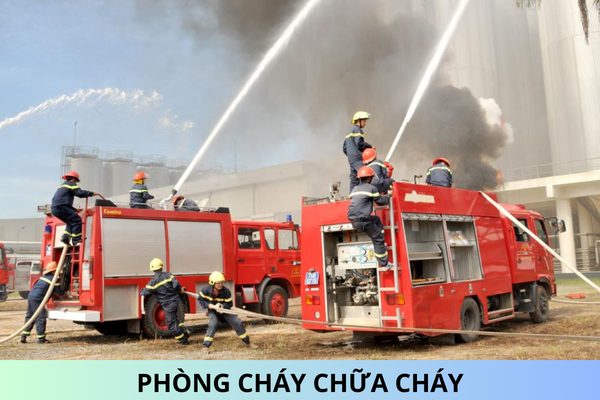What are regulations on response to ship-source oil spills at sea in Vietnam?
What are regulations on response to ship-source oil spills at sea in Vietnam?
What are regulations on response to ship-source oil spills at sea in Vietnam?
Pursuant to Article 15 of the regulations on oil spill response issued together with the Decision 12/2021/QD-TTg stipulating as follows:
1. In case where a ship’s accident or incident causes an oil spill involving rescue of casualties, ships in distress and response to oil spills, organizing oil spill response and rescue activities falls into the following situations:
a) Regional oil spill response centers or marine rescue units shall perform oil spill response service contracts at the request of the ship master, owner or his/her representative or agent;
b) Regional Oil Spill Response Center in conjunction with Regional Maritime Search and Rescue Cooperation Center simultaneously conduct rescue of casualties and ships in distress;
c) Regional oil spill response centers or marine rescue units shall be responsible for cooperating when being called on by the National Committee for Search and Rescue or the People's Committee to participate in response activities.
2. In case where only marine rescue units participate in offshore response operations, the one that has more capacity and experience in responding may be appointed by the competent authority as an on-scene commander. Regional oil spill response centers shall act as on-scene commanders if they are called on to participate in response activities.
3. Maritime administrations should take urgent actions to dispatch ships and equipment to participate in oil spill rescue and response activities and cooperate with relevant agencies to monitor activities involved in rescue of casualties and ships in distress at sea.
4. In case where any oil spill is caused by multiple ships, these ships must work together to mitigate the consequences and must comply with the orders of the port authority or maritime administration and the on-scene commander.
5. In case where the oil spill poses the risk of getting close to the shore, the on-scene commander shall immediately report to the National Committee for Search and Rescue, the People's Committee of the coastal province that is likely to be affected by that oil spill to organize the monitoring of and preparation for response activities.
6. With respect to a major oil spill, in case where it is unlikely to cover the entire incident scene, the on-scene commander and the lead agency must promptly report to the National Committee for Search and Rescue to call for support for oil spill monitoring in other forms, such as radar, remote sensing technology or aerial surveillance, broadcasting of marine notifications requesting provision of information.
7. Maritime administrations and related agencies must enable ships to participate in rescue and response activities quickly when there is a dispatch order from the competent authority or there is any request for rescue and response activities involved in oil spills.
8. It is possible to temporarily seize the collected oil for reuse and seize the ship causing the oil spill to request compensation.
9. The ship owner and the insurer providing insurance for the owner of the ship causing pollution shall be requested to take urgent action to pay compensation according to the prescribed limit of civil liability.
10. On-scene commanders and agencies and units in charge of response activities shall implement regulations on communication and report to the National Committee for Search and Rescue for their direction and support when necessary.
What are regulations on response to local oil spill incidents occurring at establishments or projects in Vietnam?
Pursuant to Article 16 of the regulations on oil spill response issued together with the Decision 12/2021/QD-TTg stipulating as follows:
1. Facilities must develop emergency plans to respond to oil spills and organize forces to ensure timely and effective prevention of and response to oil spills at the level corresponding to the possibility of oil spills caused by establishments.
2. In the case of limited resources and capabilities, establishments should contract with units capable of responding to oil spills in the area or with the Regional Oil Spill Response Center to assist in response activities when any oil spill may occur.
3. Establishments must fully conform to the requirements and instructions of the Departments of Natural Resources and Environment and other competent agencies in order to prevent or minimize damage caused by oil pollution as quickly as possible.
4. In case of deeming that the establishment responds ineffectively or the oil spill is likely to cause serious consequences, the provincial People's Committee shall directly take up the position as or appoint an on-scene commander to organize response activities.
5. When an oil spill occurs beyond its capacity, the establishment should report to the People's Committee of the province where an oil spill occurs and execute the response plan according to the emergency plan to respond to the oil spill of the province or the provincial People's Committee directly leading the plan, and appoint an on-scene commander to organize response activities.
Best regards!
